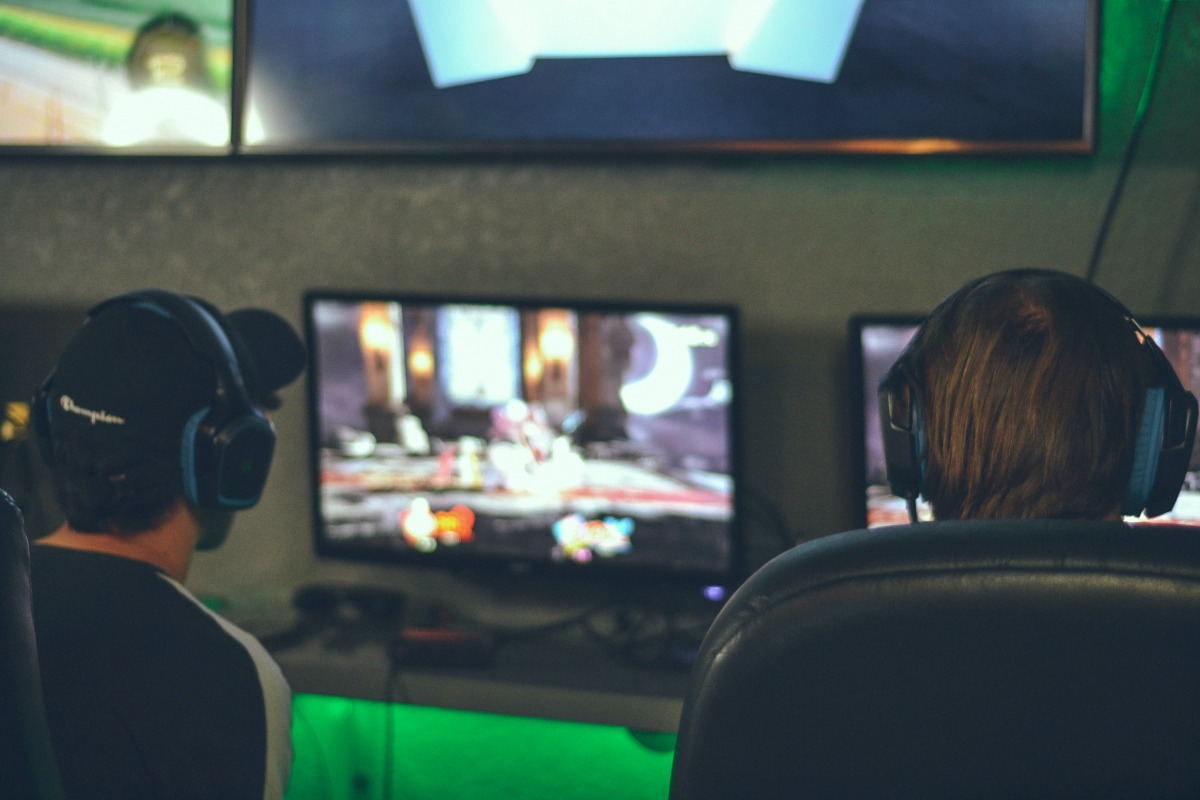
Increased levels of violence in the media, video games, and real life are affecting youth. While every individual has a unique reaction to being exposed to violence, desensitization is a common coping mechanism. While social media and other technology can help teens, the overabundance of violence causes desensitization.
Desensitization results in decreased emotional reactions to violence in the future. This has long-term effects on the individual. By becoming less sensitive to violence, adolescents can lose their ability to connect with others, impacting their long-term mental and physical health. It is also a pattern that is similar to addiction, resulting in looking for more and more violence to experience the feelings created by violence.
Desensitization of Violence
As adolescents’ exposure to violence increases, their reactions to violence change. Whether the violence is experienced in real life or through media, it impacts the empathy, physical reaction, and emotional reaction of adolescents.
Empathy
Defined as the ability to share the feelings of another person, empathy helps individuals connect with others. When an individual experiences empathy, they feel the emotions of another.
Empathy is impacted by watching violent movies and being around violent behaviors. Research published in 2014 shows that low and medium levels of exposure to violence increase empathy in adolescents. However, a high level of exposure to violence decreases emotional and cognitive empathy in adolescents.
Lack of empathy is a type of desensitization. High levels of exposure to violence in a movie or in person desensitize an adolescent’s reaction to others. This inhibits them from being able to understand the mental state others are in. This directly impacts their ability to communicate well and build community.
Physical Reaction
The body has a physical reaction to violence. When an individual is around violent behavior or experiences it through social media, movies, or video games, they will experience a physical reaction to it. The blood pressure will rise as the body prepares to flee or fight as needed.
However, with high exposure to violence, this physical reaction changes. As adolescent individuals become increasingly accustomed to high levels of violence, their blood pressure increases less and recovers more quickly.
Emotional Reaction
When an adolescent is around violence, there is a natural emotional reaction of distress. This is a healthy reaction that occurs when both seeing violent behaviors and experiencing them in real life. Adolescents are in a time of growth in their life. As they develop emotionally, violence impacts their growth.
Research published in 2014 shows that violent exposure in adolescents impacts emotional distress. Male adolescents with high in-person violence exposure show decreased emotional distress when exposed to violence. However, females with similar exposure levels did not. Therefore, male clients with violent exposure may be at more risk of desensitization of emotional reactions to violence.
Desensitization and Violence in Multiple Contexts
Violence can and does occur on multiple fronts, including at home, in a community, and through media. The total amount of violence experienced does play a role in desensitization. However, experiencing violence in multiple contexts increases the risk of desensitization. This means that adolescents who experience violence in their home life and media may be more desensitized than others who only experience violence in one context.
Desensitization and Violent Behaviors
High exposure to violence both in media and in person is associated with desensitization to violence. As a result, it also increases an adolescent’s risk of violent behaviors. When a person is exposed to violent behaviors, the combination of empathy, emotional distress, and physical stress all cue them to inhibit this behavior.
However, when desensitized to these reactions, adolescents are less likely to feel the urge to stop the violent behaviors that they are doing or witnessing. Several studies have found a connection between desensitization and violent behaviors. Both real-life violence and violence in media impact an adolescent’s reactions and beliefs about violence. As violence becomes more normalized, aggression and violent behavior are shown to increase.
Desensitization and Addiction Treatment
Violence is particularly impactful on adolescents. As they are increasingly desensitized, more long-term consequences occur. Alcohol is a commonly used method of self-medicating for adolescents and adults.
One aspect of addiction treatment for adolescents is to build community. By being a part of a peer group and group therapy, adolescents learn how to improve communication and build a support network of peers and providers.
However, desensitization can create problems in addiction treatment. When an adolescent is desensitized to violence, their understanding of others’ feelings and thoughts decreases. Thus, their ability to interact with peers and providers and build a healthy community may be inhibited.
Not all adolescents who experience violence are desensitized to the same level. Methods of treatment like peer support or group therapy may be helpful for many, while others will require more work to heal from their experiences before being able to engage.
Many adolescents experience increased exposure to violence in video games, movies, and real life. During this important time of development, adolescents can become desensitized. They lose empathy, physical reactivity, and emotional reactivity to violence. At Sustain Recovery, we work with adolescents from many different backgrounds, helping them to heal from the violence that has been a part of their past. Through our program, clients address underlying trauma, mental health disorders, and addiction. In our structured program, adolescents are encouraged to take an active role in their recovery in order to learn the skills they need to be successful in healing. To learn more about our program, call Sustain Recovery today at (949) 407-9052.






